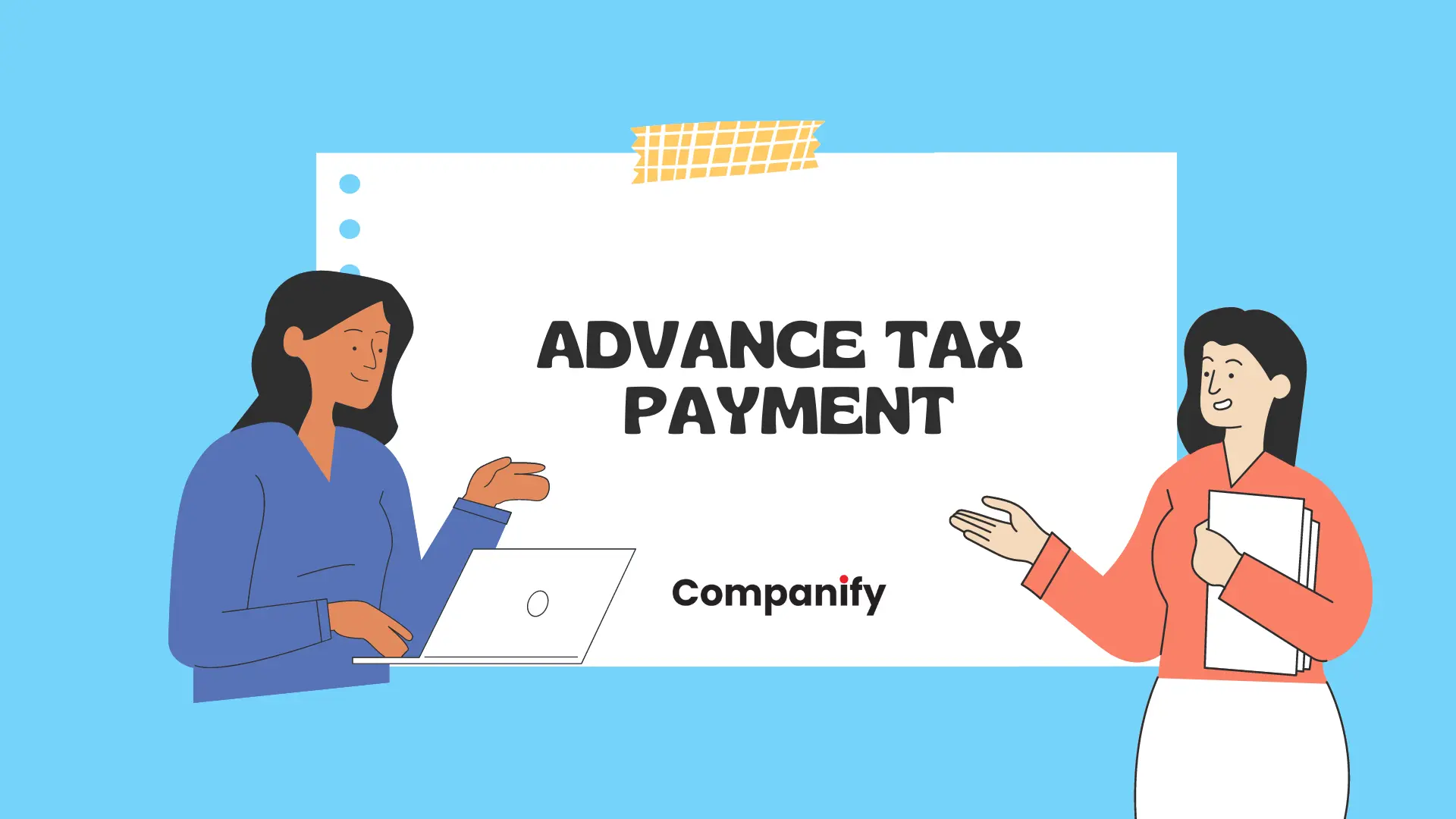

Advance tax due dates
What is advance tax?
The term "advance tax" refers to income tax that is paid in advance for income received during a specific fiscal year. Typically, tax is due at the time income is earned. The payer must nonetheless estimate their revenue for the entire year in accordance with the tax regulations of advance tax.
These payments must be made in installments according to the income tax department's deadlines.
So we can say that Many tax authorities use an advance tax system to ensure that taxes are collected on time from businesses and individuals. It mandates that taxpayers estimate their annual tax due and pay a portion of it in advance rather than waiting until the end of the fiscal year. This system assists governments in sustaining a constant revenue flow throughout the year and preventing cash flow problems.
based on Section 208. Every individual who expects to owe at least Rs. 10,000 in taxes for the year is required to pay "advance tax" in advance. based on Section 208.
Let us know who pays advance tax.
- Salaried people:
- Business Entities:
- Self-employed individuals
- Investors and Traders
As we have come to know what is advance tax. And who pays it? Now we will know what is the due date for advance tax payment.
Advance tax payments must be made in installments according to the income tax department's deadlines.
The following dates are for paying advance taxes:
| First payment due on June 15th. |
| Second installment: September 15 |
| 3rd installment due on December 15th. |
| The final income tax return is due on March 31st with the fourth installment. |
Typically, advance tax is paid in several payments over the course of the fiscal year. The following dates apply to India's advance tax payments:
15% of the estimated tax liability, due no later than June 15th.
45% of the estimated tax liability, less the tax paid in the first installment, by or before September 15th.
75% of the estimated tax burden, less the tax already paid in the prior installments, is due on or before December 15th.
100% of the projected tax liability, less the tax paid in the prior installments, is due on or before March 15.
So first instalment of advance tax is 15th june,2023
What is Advance Tax Late Payment Interest?
According to Section 234B, you must pay at least 90% of the total taxes as advance tax by the 31st of March in order to avoid interest charges. Failure to pay taxes in advance will result in interest charges of 1% of the outstanding balance.
Interest under 234C will be charged for advance tax payments that are late:
| Particulars | Rate of Interest | Period of Interest | Amount on which interest is calculated |
| If Advance Tax paid on or before June 15 is less than 15% | 1% per month | 3 months | 15% of Amount* (-) tax paid before June 15 |
| If the advance tax payment received by September 15 is less than 45% | 1% per month | 3 months | 45% of Amount* (-) tax paid before September 15 |
| If Advance Tax paid on or before December 15 is less than 75% | 1% per month | 3 months | 75% of Amount* (-) tax paid before December 15 |
| If Advance Tax paid on or before March 15 is less than 100% | 1% per month | 1 months | 100% of Amount* (-) tax paid before March 15 |
HOW TO CALCULATE ADVANCE TAX?
Estimate your total income from all sources for the fiscal year for which you are making the advance tax calculations, which runs from 1 April through 31 March. Add up all allowable credits, deductions, and exemptions. Calculate tax on this income based on the tax regime you selected. Lessen the amount of tax that is paid through TDS/TCS.
CONCLUSION
So we can say that Taxpayers who make use of the advance tax system pay a portion of their income tax burden in advance, in installments, as opposed to the full amount at the end of the fiscal year. With this system, taxpayers won't have to fork up a huge sum of money all at once, and the government will be able to collect taxes more fairly all year long.

